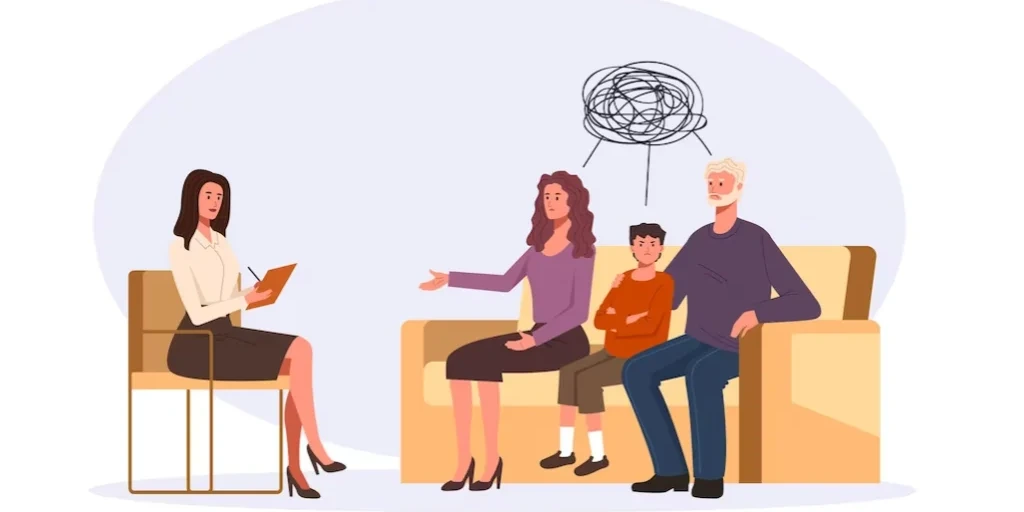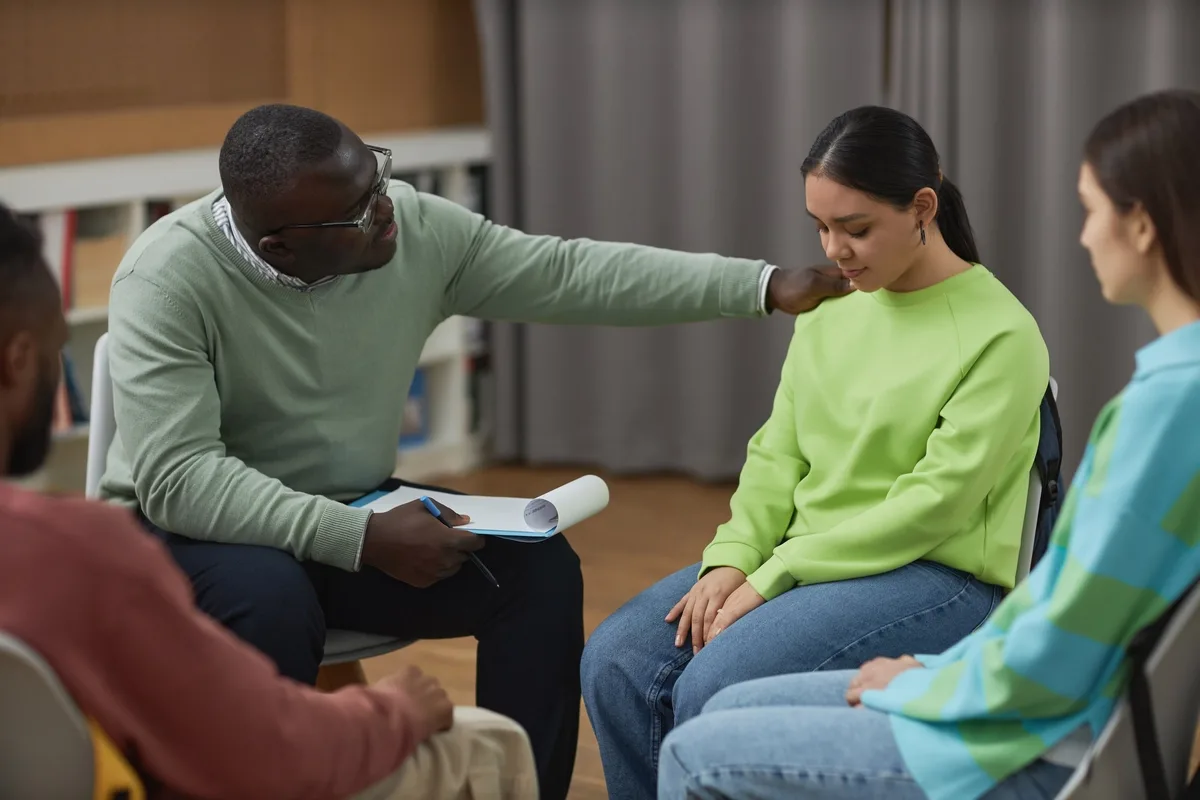24/7 Helpline:
(866) 899-221924/7 Helpline:
(866) 899-2219
Learn more about Residential Rehab centers in Peachtree City
Residential Rehab in Other Cities

Other Insurance Options

Access to Recovery (ATR) Voucher

Amerigroup

CareSource

Magellan Health

EmblemHealth

Humana

Molina Healthcare

American Behavioral

PHCS Network

Holman Group

Covered California

Absolute Total Care

Evernorth

Excellus

Choice Care Network

Premera

BHS | Behavioral Health Systems

WellPoint

United Health Care

AllWell

Georgia Addiction Treatment Center
Georgia Addiction Treatment Center (GATC) is a CARF-accredited drug and alcohol rehab located in Pea...

Grace Harbour
Grace Harbour is an outpatient mental health clinic that serves individuals from all ages in a holis...





Turning Point New Directions
Turning Point New Directions is a counseling clinic located in Tyrone, GA. Turning Point New Directi...

The Insight Program
The Insight Program is a private rehab located in Tyrone, Georgia. The Insight Program specializes i...

Pyramid Healthcare – Pine Ridge Manor Halfway House for Men
Pyramid Healthcare - Pine Ridge Manor Halfway House for Men is located in Tyrone, Pennsylvania. Pyra...
































































